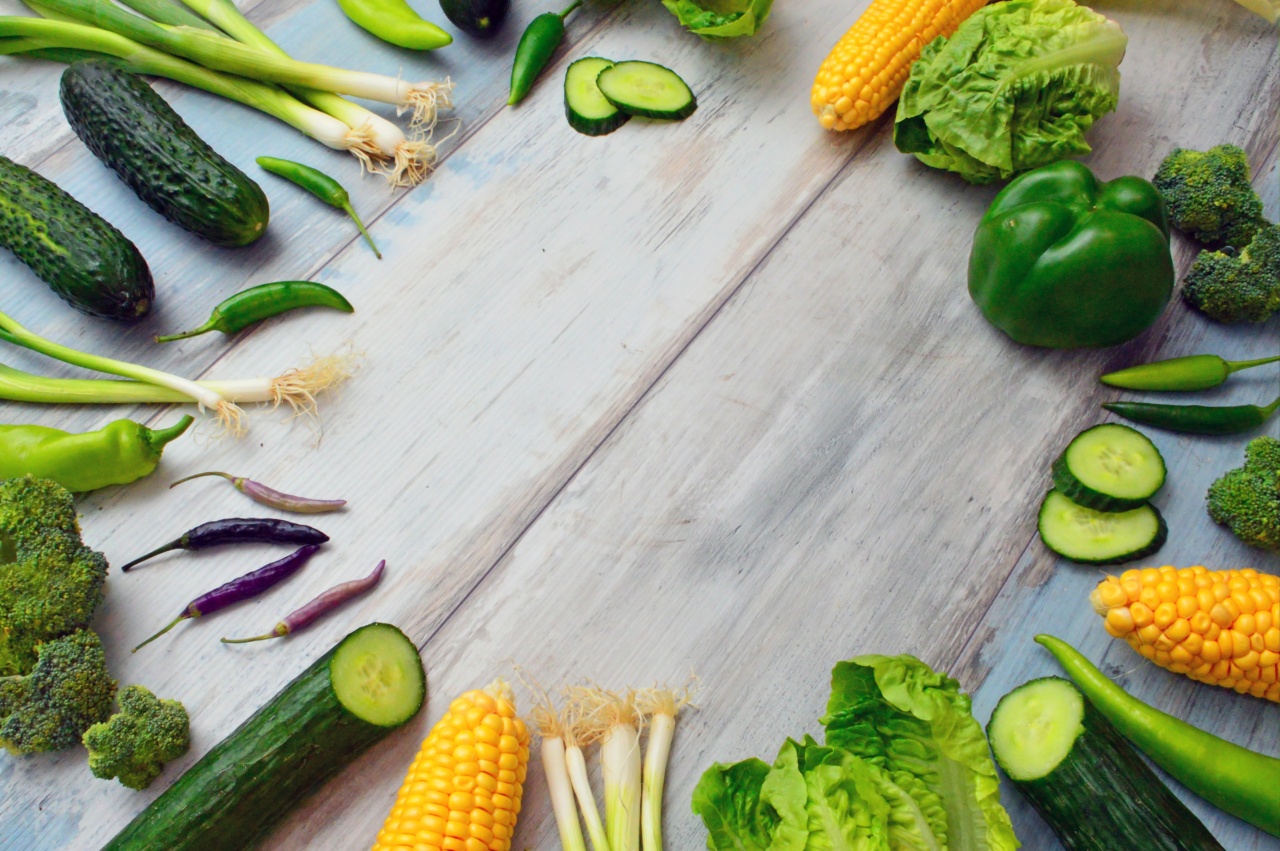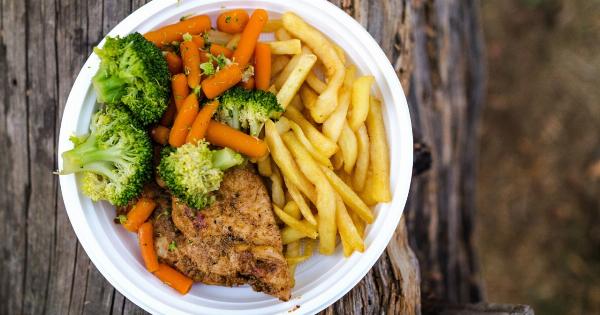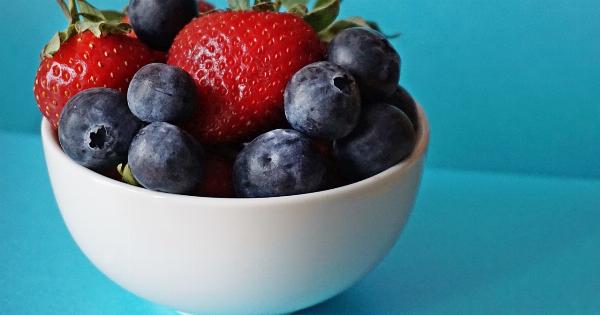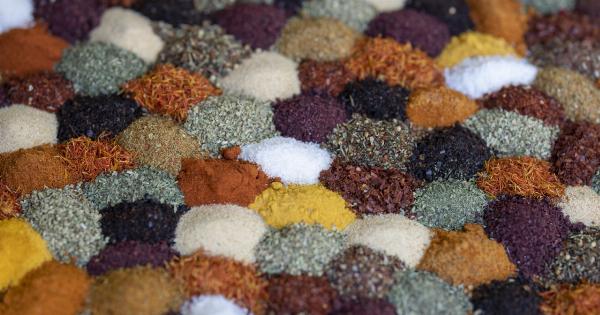Broccoli is a superfood that has been gaining popularity due to its numerous health benefits, which includes its anti-cancer properties.
However, there is a common question that many people ask: does cooking broccoli destroy its anti-cancer properties? In this article, we will explore this question to get a better understanding of how cooking affects the anti-cancer properties of broccoli.
What makes broccoli an anti-cancer food?
Broccoli is part of the cruciferous vegetable family, which includes cabbage, cauliflower, brussels sprouts, and kale.
Cruciferous vegetables contain a group of natural compounds called glucosinolates, which are converted to biologically active compounds known as isothiocyanates when the vegetables are cut or chewed. Isothiocyanates are known to have anti-cancer properties, and studies have shown that they can help prevent cancer by reducing inflammation and oxidative stress, inhibiting the growth of cancer cells, and promoting their death.
Does cooking broccoli destroy its anti-cancer properties?
The answer to this question is not straightforward. Cooking broccoli can indeed destroy some of the isothiocyanates that are responsible for its anti-cancer properties.
However, the extent to which the isothiocyanates are destroyed depends on several factors, such as cooking time, temperature, and method.
How does cooking affect the anti-cancer properties of broccoli?
Boiling or microwaving broccoli for an extended period can significantly reduce the amount of isothiocyanates it contains. The high temperatures involved in these cooking methods can destroy up to 90% of the isothiocyanates in the broccoli.
Stir-frying or steaming broccoli for a shorter period at lower temperatures can preserve some of the isothiocyanates.
A study published in the Journal of Agriculture and Food Chemistry found that steaming broccoli for up to five minutes preserved up to 20% of the isothiocyanates, while stir-frying it for up to five minutes preserved up to 35%. However, cooking broccoli for too long or at too high of a temperature can still destroy most of its anti-cancer properties.
Should you avoid cooking broccoli?
No, you should not avoid cooking broccoli altogether. Cooking broccoli can make it easier to digest and can increase the bioavailability of some nutrients such as beta-carotene.
Additionally, many people find that cooked broccoli tastes better than raw broccoli, making it easier to incorporate into their diet.
The key is to find a method of cooking that preserves as much of the isothiocyanates as possible while still making the broccoli enjoyable to eat.
Steaming or stir-frying broccoli for a few minutes is a good option, as it can preserve some of the isothiocyanates without making the broccoli too mushy or ruining its taste.
Other ways to boost the anti-cancer properties of broccoli
There are other ways to boost the anti-cancer properties of broccoli besides cooking it properly. One way is to pair it with other cancer-fighting foods such as garlic, tomatoes, or onions.
These foods contain compounds that can enhance the anti-cancer properties of broccoli.
Additionally, consuming broccoli sprouts, which are the young, tender shoots of the broccoli plant, can provide even more isothiocyanates than mature broccoli.
Broccoli sprouts can be eaten raw or cooked, and they are available at many health food stores.
Conclusion
The question of whether cooking broccoli destroys its anti-cancer properties is a complex one.
While cooking can indeed destroy some of the isothiocyanates that provide broccoli with its anti-cancer properties, it is still an essential part of a healthy diet. The key is to find a cooking method that preserves as much of the isothiocyanates as possible without ruining the taste of the broccoli.
Combining broccoli with other cancer-fighting foods or consuming broccoli sprouts can also provide additional health benefits.




























